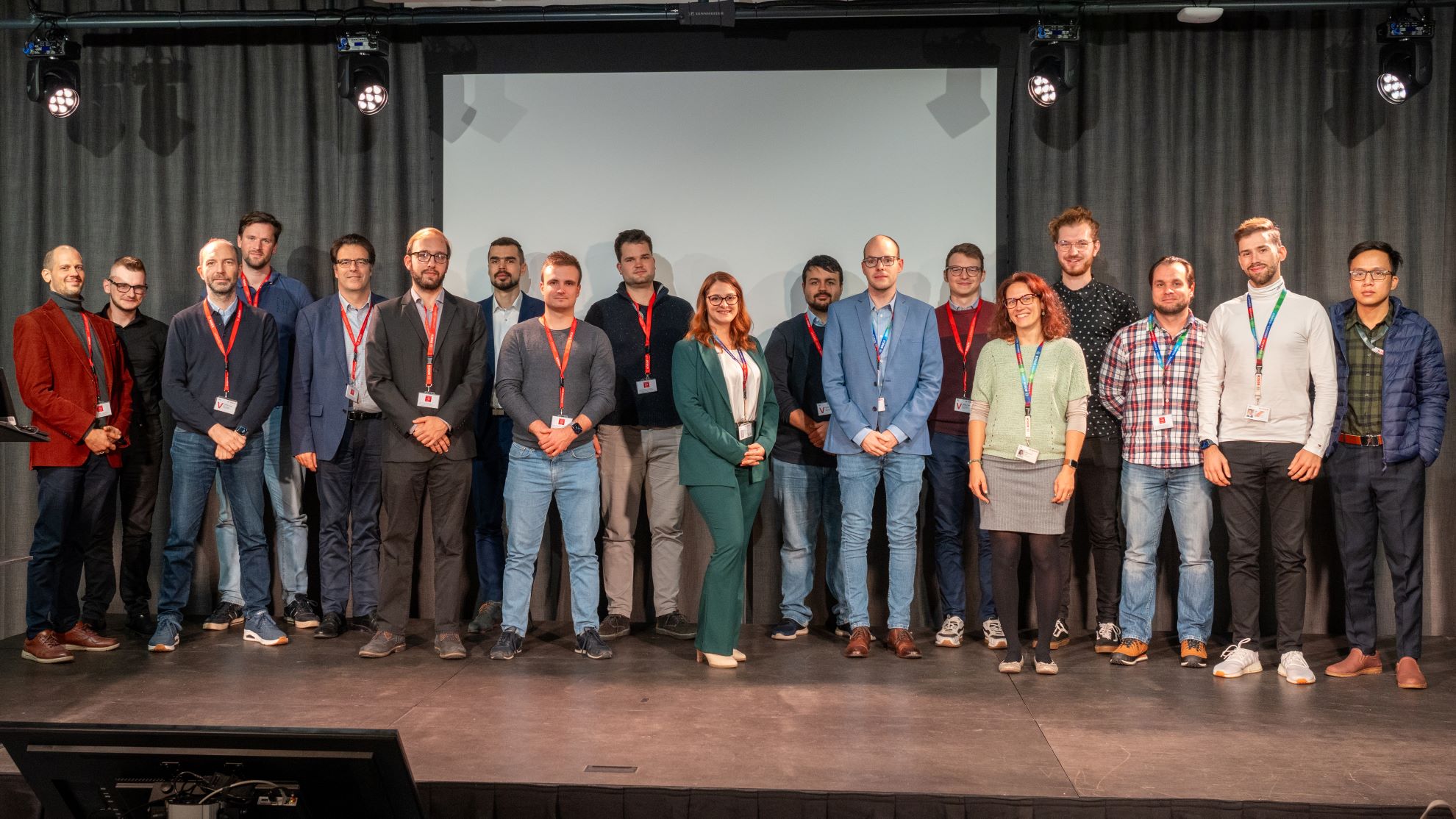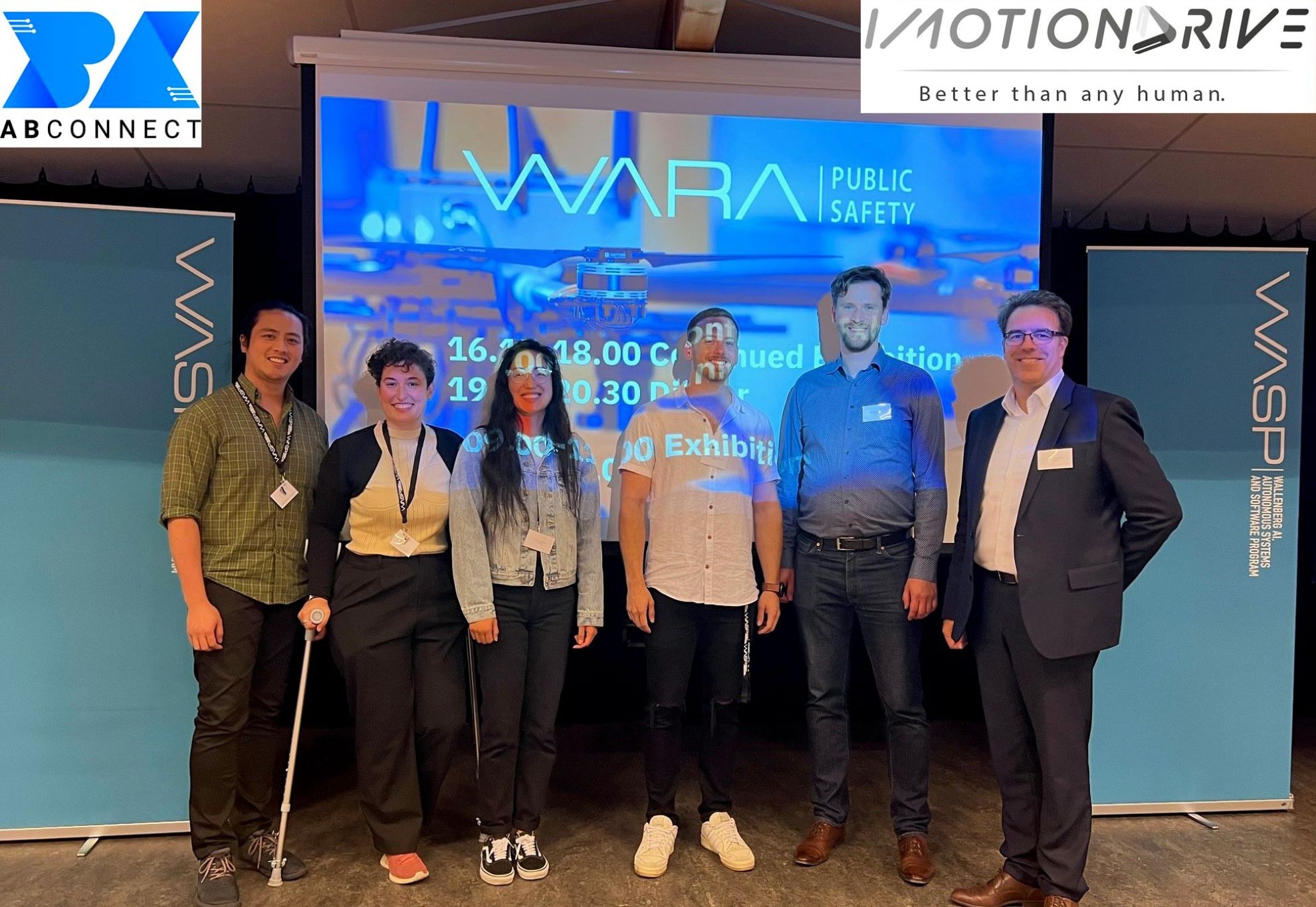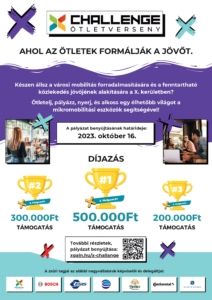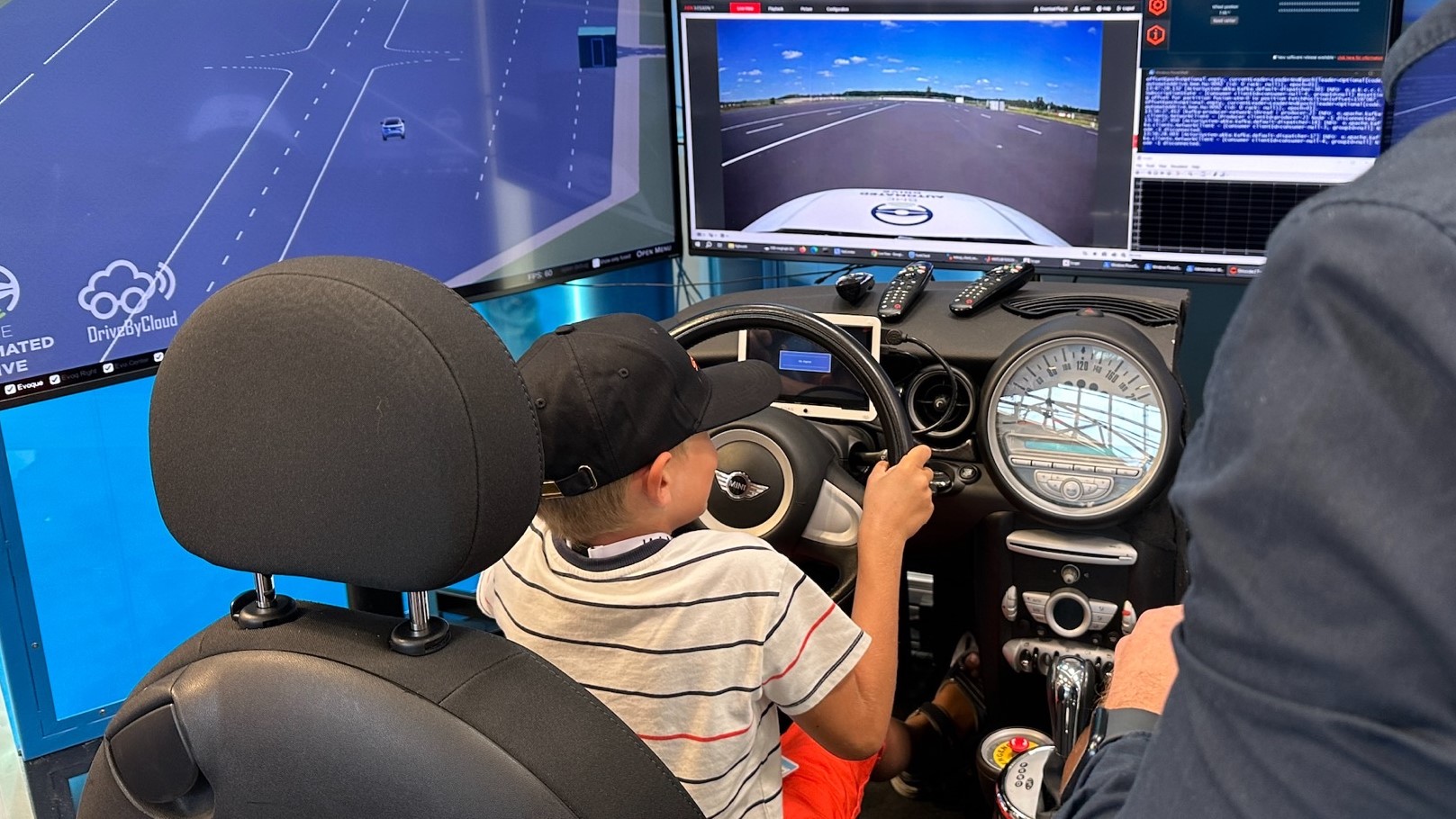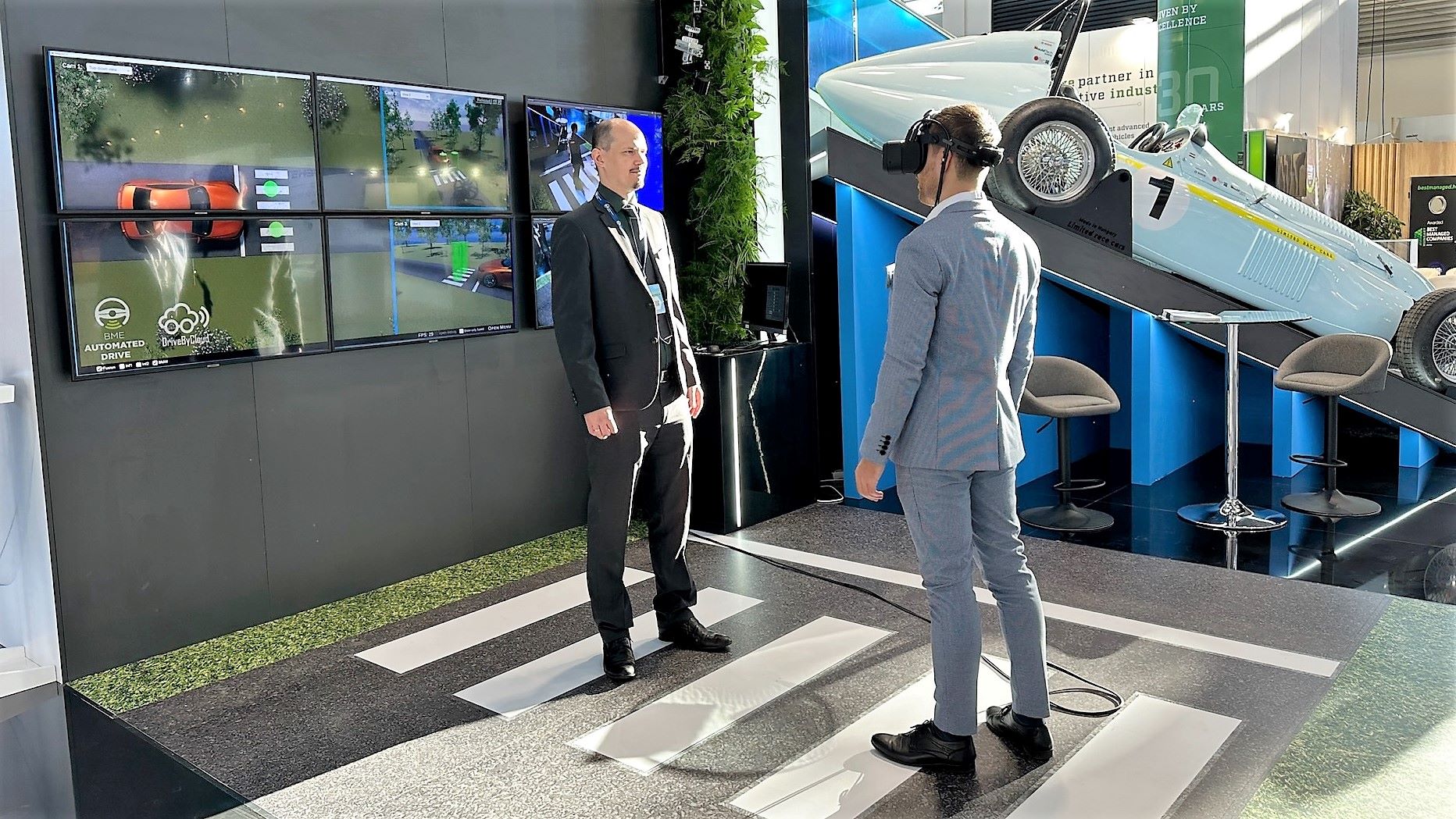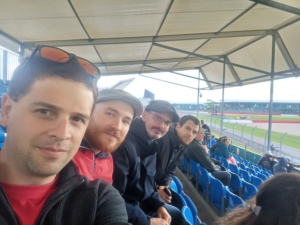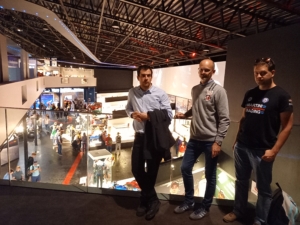BME researchers pioneer cloud-based real-world vehicle control
With a successful demonstration as part of the EUREKA Central System project the development of a central system to support the testing and operation of automated vehicles has reached an important milestone. The demonstration, carried out between 8-10 November by the consortium leader Budapest University of Technology and Economics and consortium member Virtual Vehicle Research GmbH of Austria, was the first time that an external partner used the services of a central system to control the manoeuvres to be performed by the test vehicle via standard interfaces.
During the demonstration, the vehicle was driven along a route designed by the central system based on a digital twin model generated in real time and sent to the test vehicle. In another experiment, low-level control messages were sent directly to the vehicle from the cloud, i.e. the vehicle was driven by the central system. The maneuver was designed to avoid a physical pedestrian or virtual pedestrian. To the best of our knowledge this is the first published experiment in the world where a real vehicle has been controlled in real conditions on a real track via standard interfaces from a cloud-based central system.
Dr. András Rövid, head of the Autonomous Vehicles research group at BME’s Department of Automotive Technologies and the professional leader of the consortium, said after the demonstration, “I am very pleased and consider it a success that we were able to meet the set goals in the tests and demonstrate the operation of cloud-based vehicle control under real conditions.”
Sensors embedded in infrastructure offer a unique opportunity to produce a digital twin model of the environment, including both static and dynamic elements. In our case, the digital twin model is produced in a so-called central system, based on higher level data extracted from various infrastructure sensors, which can be used to implement a number of additional driving support or autonomous vehicle functions provided by the central system, as well as to test them in an automated way. One of these functions is e.g. autonomous obstacle avoidance, where the trajectory to avoid an obstacle is planned by the central system based on the available digital twin model and transmitted to the vehicle. The vehicle, relying on its own control mechanisms, follows this planned path, avoiding a collision. In the EUREKA Central System project, a demonstration of such a function, provided by the central system, was carried out at the ZalaZONE test track with the participation of Hungarian and Austrian experts. The Austrian Virtual Vehicle is a leading international R&D center for the automotive and railway industry, focusing on advanced virtualization of vehicle development.
Testing was carried out at speeds of 20-50 km/h, and the next step will be to test the system at higher speeds.
The development work will enable the automatic testing of advanced driver assistance systems in particular, as well as providing an efficient solution for the control of vehicles from the control center in logistics centers.
Project title: Central System, Testing and verification methods for driving functions and environmental perception systems; Project ID: 2020-1.2.3-EUREKA-2021-00001; Funding: National Research, Development and Innovation Fund
